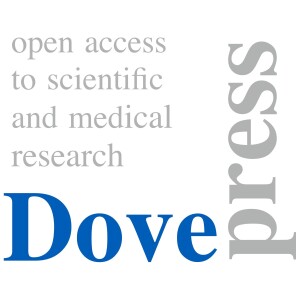Monday Jun 23, 2025
Unveiling the Mysteries of Molecular Testing in AML: A Guide for Oncologists

Experts from Yale Cancer Center and MD Anderson Cancer Center describe the evolving landscape of molecular diagnostics in acute myeloid leukemia (AML). The discussion traces the shift from morphology- and immunophenotype-based classification to genomics-driven stratification, catalyzed by advancements in next-generation sequencing (NGS). Discussants emphasize the clinical importance of identifying key genetic mutations—such as FLT3, IDH1/2, TP53, NPM1, KMT2A, and NUP98—to inform prognosis and guide use of targeted therapies. They review the sensitivity and applications of testing modalities including Sanger sequencing, NGS, PCR, and capillary electrophoresis, and highlight how combining DNA and RNA analyses enhances detection of both mutations and gene fusions. Practical insights are offered on assay selection, test interpretation, and turnaround times, noting that while NGS is generally adequate for most targets, single-gene PCR may be needed for urgent decision-making. The episode concludes by underscoring the need for oncologists to partner with pathologists and review test coverage data to ensure appropriate molecular profiling. These insights support the integration of precise molecular diagnostics into routine AML management, enhancing personalized therapy and improving clinical outcomes.